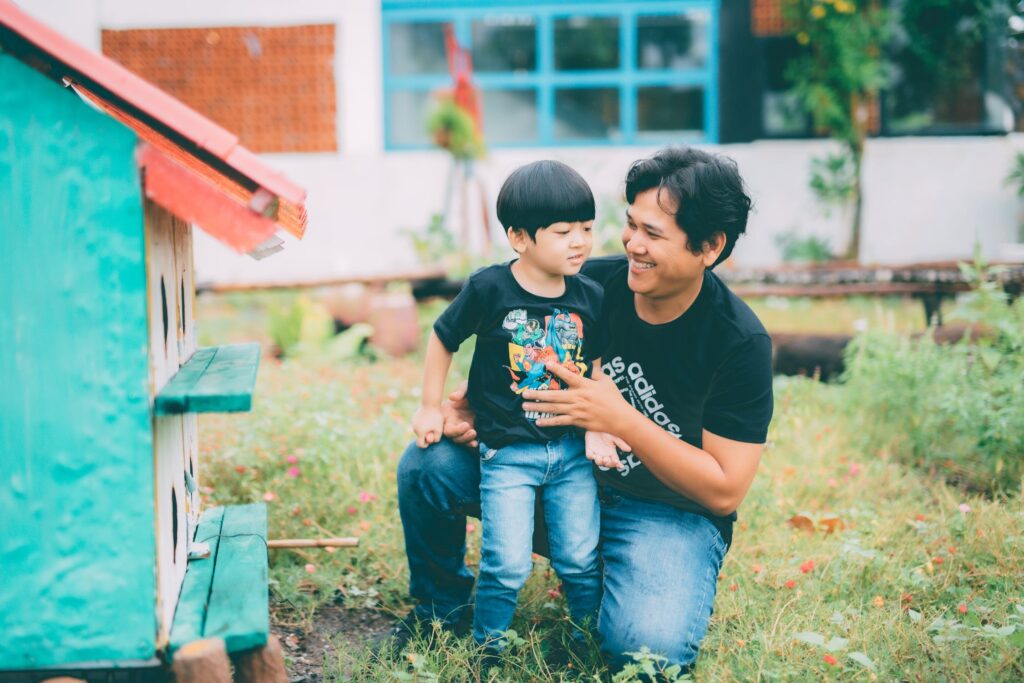Ways To Foster Independence In Children With Special Needs

An individual is considered to have a disability if they have difficulty seeing, hearing, walking, or concentrating. Based on this theory, over three million children in the US lived with a disability in 2019. That’s an increase of 0.4 percent from 2008, according to the US Census Bureau. Raising a kid with additional needs can be challenging. As a parent, your ultimate goal is to provide your child with the best services and support to boost their potential and protect them.
It’s also natural to become overprotective of your child to help them be successful while living with a disability. However, one of the best decisions you can make for your child is implementing positive parenting. A study shared by Brigham Young University in 2012 shows that positive parenting has a significant impact in helping kids with developmental disabilities enhance their independence, confidence, and cooperation. Read on to learn various ways to foster independence in children with special needs through positive parenting.
Understand your child’s health condition

Understanding your child’s specific health needs is the first step to helping them become independent and confident. As a special needs parent, you want to see things from your kid’s perspective to avoid misunderstanding, which often interferes with their growth and development. Therefore, take the time to research online and read journals about your kid’s medical condition.
Also, consult your child’s doctors, therapists, and doctors to get a clear picture of their additional needs. That way, you can easily identify potential health risks and offer the support needed before they become serious. For example, if you’re raising a child with autism, you’ll notice they have trouble eating, experience seizures, and have gastrointestinal infections. When you’re aware of the symptoms your child experiences, advocating for them at school and home becomes less stressful.
Establish goals
As much as teaching independence to children with disabilities sounds impossible, it can be done if you set the right goals. With this in mind, sit down with your child and establish goals based on their interests. This step entails finding out what your child likes and what they intend to accomplish.
Even if your child has difficulty speaking, monitor their body language and responses to help set goals that foster their independence. When you involve your child in setting goals that boost their functionality and dignity, they feel motivated. That’s because they’re working towards achieving something they find meaningful in their lives.
Offer support with positivity in mind

While seeking to control situations, especially those that involve children living with a disability, might seem ideal, it’s not. Nurturing independence is a matter of giving your child the approval, encouragement and creating a comfortable environment to attempt tasks alone or with little support. So, rather than try to control what your kid does, support them in every way possible.
To achieve the best outcomes, accept that your child cannot learn and be independent if you do the tasks for them consistently. You should encourage them to try an activity themselves. For example, instead of helping them with their personal hygiene routine automatically, prompt them to complete a task independently. This trick helps you succeed in fostering independence because you’re demonstrating to your child that they can do activities without depending on you.
Remember, the transition from taking control to providing support to a special needs child is gradual. It requires slight adjustments regarding how you talk to your child and your body language. For instance, asking a kid what they want to do rather than telling them what to do eliminates the aspect of control. This move promotes the element of support, which is vital in helping a child learn and develop a sense of determination to attempt and accomplish tasks independently.
Seek legal help
Note that in most cases, children with additional needs are born with developmental disabilities. But in some situations, your child might experience difficulty walking, talking, eating, and concentrating due to a doctor’s negligence during or after birth. For example, if you’re raising a child with cerebral palsy, cpfamilynetwork.org explain that medical malpractice might have occurred in the form of a misdiagnosis or delayed diagnosis of a bacterial infection. If you’re in such a situation, it’s advisable to seek the help of an attorney.
Hiring a medical malpractice lawyer might not help nurture your child’s independence. However, the compensation you might receive from your doctor’s insurer can help you invest in the latest assistive technologies to enhance your child’s quality of life. For example, you may consider robotic helpers to improve your child’s mobility. You can also hire physical therapists and pay for other medical procedures to enhance your kid’s life without having to worry too much about the cost.
Foster independence at a slow pace

The key to fostering independence in kids with special needs is embracing the one percent change every day rather than achieving great success overnight. For a child with additional needs, change can be stressful because routine and consistency are highly prioritized. To ensure your child isn’t overwhelmed, commit to making slight changes in their daily routine. Doing so helps nurture independence more effectively. One way to implement gradual changes is by giving your child more choices, but slowly.
Also, limit your support to daily situations to create room for your kid to attempt tasks themselves. For instance, if your child can brush their hair or put on their shoes, let them do it without your assistance. While it might be easier for you to do a task for special needs kids, it’s wise to allow extra time so they can do it independently. If your child has difficulties doing something without support, provide unlimited opportunities for them to practice until they improve their skills.
Taking care of a child with special needs is challenging but also rewarding. As a special needs parent, you can help your kid lead an independent life. To achieve the best results, consider adjusting your parenting style. Rather than be in control, embrace the element of supporting your child through positive thinking. This step entails encouraging your child to attempt activities themselves. Also, understand your child’s medical condition and learn ways to advocate for them and promote self-confidence and independence.




